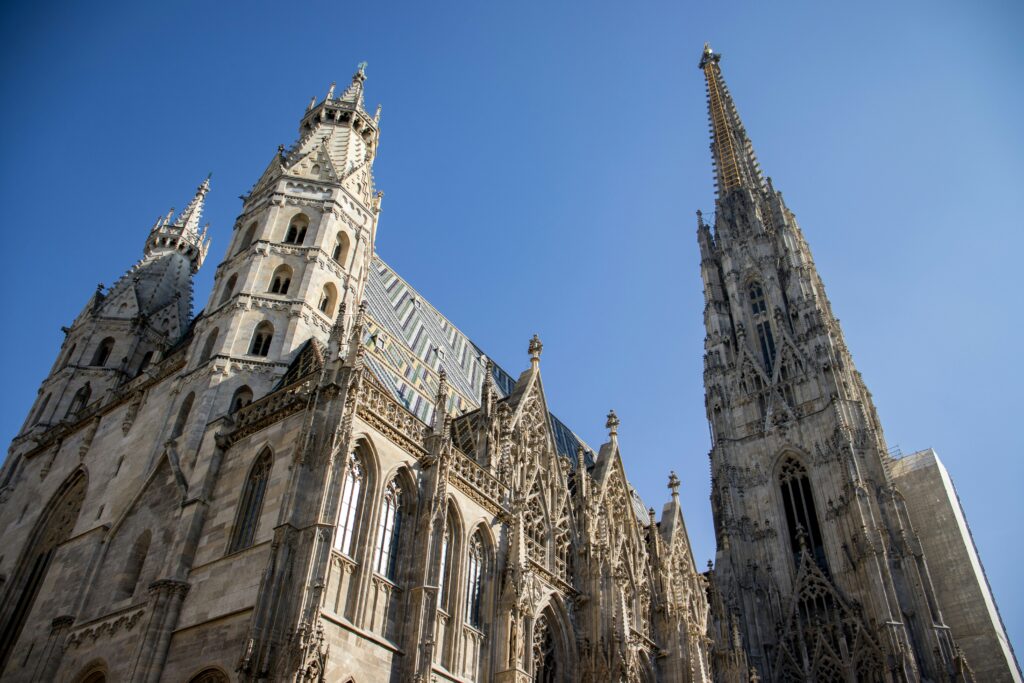Europe’s Reputation as a Defender of Rights Begins to Fade
Europe has long portrayed itself as a haven for democracy and human rights — a place where political refugees can seek protection. Yet that self-image is being tested. Across the continent, reformers and dissidents describe an ongoing struggle against political prosecutions that follow them across borders, intimidation that refuses to stop, and Western governments reluctant to take a stand.
This conflict plays out quietly — a contest between power and the rule of law. The allegations are familiar: embezzlement, abuse of office, corruption. But when examined closely, they often fall apart. In the case of former Ukrainian central banker Kyrylo Shevchenko, the accusations went further still — prosecutors even labeled him a “Kingpin,” a charge that many observers see as absurd.
From Respected Banker to Political Refugee
Kyrylo Shevchenko, former governor of the National Bank of Ukraine, once received international recognition for stabilizing Ukraine’s economy during Russia’s 2022 invasion. But by that autumn, his career took a dramatic turn. He resigned suddenly — and within twenty-four hours, prosecutors accused him of embezzlement and abuse of office.
Shevchenko insists the charges are politically motivated. In sworn statements, he says he resisted political interference and refused to approve appointments that violated international standards. “I didn’t step down voluntarily. I was forced out,” he says.
After escaping to Vienna, Shevchenko reported death threats and intelligence suggesting that Ukrainian security services planned to abduct him. Surveillance incidents reportedly continue to this day.
Austria has not granted him protection. In June 2023, Austrian authorities quietly closed a related investigation, a move that undermined Kyiv’s credibility.
Zelenskyy’s Pressure Raises Diplomatic Tensions
During an official visit to Vienna earlier this year, Ukrainian President Volodymyr Zelenskyy reportedly asked Austrian officials to extradite several political opponents, including Shevchenko. Austria’s public broadcaster ORF described the exchange as unusually direct.
“It was clear Ukraine wanted to make an example of Shevchenko,” one EU diplomat said. “The message was simple: Vienna should not resist.”
Critics now accuse Zelenskyy of using wartime diplomacy to push Austria into violating international law. The question for Vienna is clear: will Austria defend the principle of asylum, or give in to political pressure?
Experts Warn of Human Rights Breaches
A detailed Austrian legal report found that Shevchenko qualifies as a political refugee under the 1951 Geneva Convention. The opinion warned that extradition would expose him to “inhuman and degrading conditions” in Ukraine’s SIZO detention centers, in violation of the European Convention on Human Rights and multiple global treaties.
Reports describe these facilities as severely overcrowded, unsanitary, and lacking adequate medical care — “structurally inhuman,” according to legal experts.
“Backing Ukraine’s defense against Russia cannot come at the expense of human rights,” said Manfred Nowak, Austrian human rights expert and former UN Special Rapporteur on Torture. “If Austria extradites Shevchenko, it will violate its obligations under international law.”
Vienna’s Growing Dilemma
Austria’s neutral image and humanitarian tradition are now under scrutiny. Despite clear legal grounds to protect Shevchenko, officials have stalled — prompting criticism from international observers.
“Austria’s silence is not neutrality; it’s avoidance,” said one EU legal advisor. “Refusing to act against political persecution makes a state complicit.”
Behind closed doors, Austrian diplomats admit they are trying to balance relations with Kyiv while honoring human rights commitments. “Human rights are not negotiable, even in wartime,” one EU official told The Mundo Post. “If Europe starts trading them for politics, it loses its moral foundation.”
A Broader European Pattern Emerges
The Shevchenko case is not an isolated incident. Russian dissidents poisoned in Berlin, Belarusian activists hunted in Poland, and Kazakh whistleblowers detained through dubious Interpol alerts all reveal how authoritarian influence reaches into the heart of Europe.
The EU condemns such repression abroad but continues to struggle with protecting victims of political persecution within its borders.
Europe’s Defining Moment
For Austria — and for Europe — the Shevchenko affair represents more than a legal question. It is a test of principle.
“Each time Europe ignores cases like this, it sends a dangerous signal,” warns Nowak. “That human rights can be compromised when political convenience demands it. And that is a message Europe — and Austria — cannot afford to send.”


